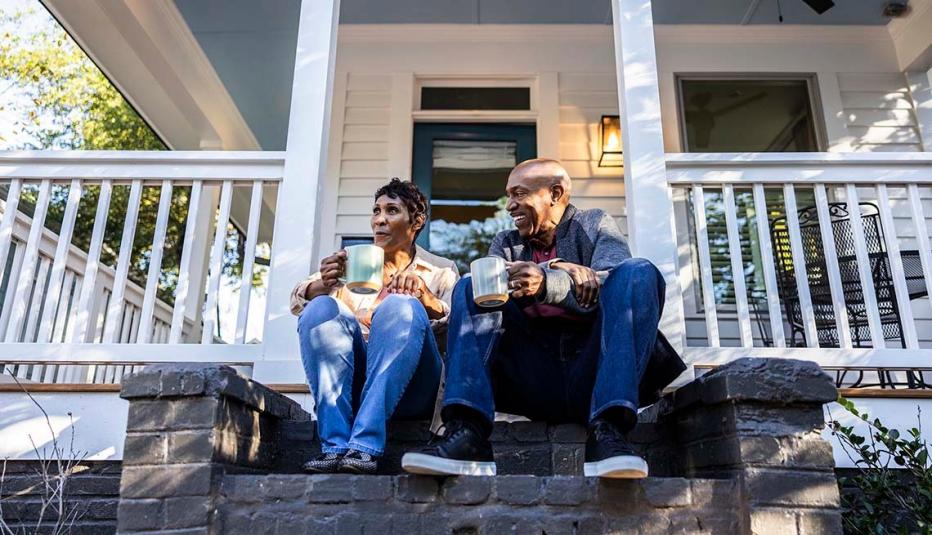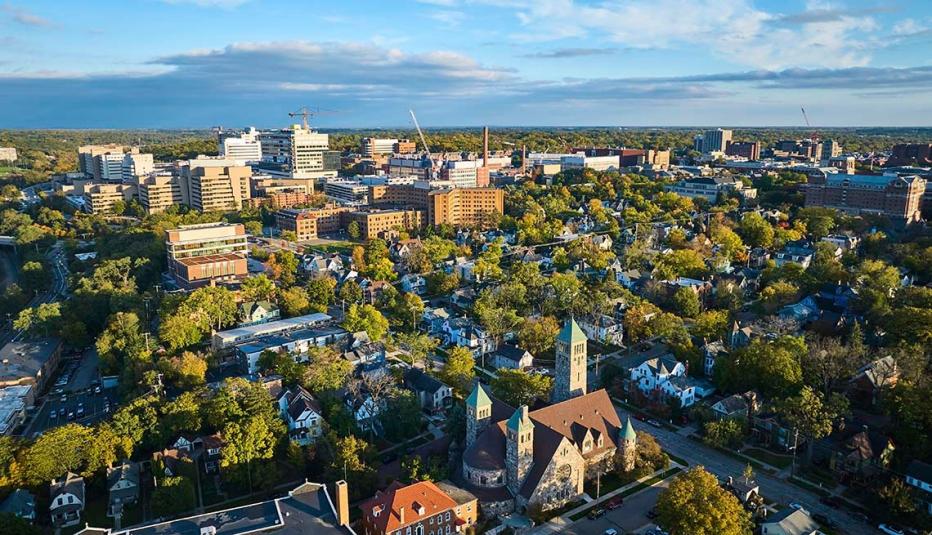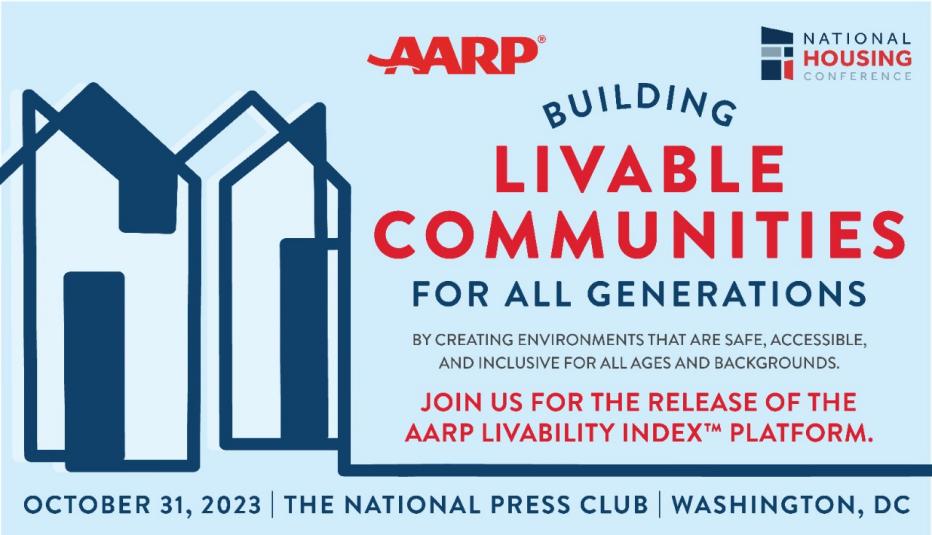AARP Hearing Center
Lack of affordable housing is a pressing issue for many older Americans, and a new AARP survey shows broad support for proposed federal legislation to address the problem.


AARP polled more than 1,000 adults 50 and older to see if they favored offering tax credits to develop affordable rental housing, as well as to build and rehabilitate owner-occupied homes in low- and moderate-income communities. The results of the February online survey reflect substantial support for all approaches.
Eight in 10 (79 percent) respondents support the core feature of the Affordable Housing Credit Improvement Act (AHCIA), which would expand the Low-Income Housing Tax Credit (LIHTC) that homebuilders receive for building and rehabilitating affordable rental housing for low- and moderate-income households. Moreover, 30 percent strongly support the tax credits provided under this bill. Those who rent their homes expressed greater support than did homeowners, and support is greater among older adults earning under $50,000 (84 percent) compared to 74 percent for those earning $100,000 or more.
Another legislative proposal covered by the survey was the core feature of the Neighborhood Homes Investment Act (NHIA) that would offer tax credits to homebuilders to construct affordable owner-occupied housing in targeted neighborhoods with depressed property values. More than 8 in 10 (84 percent) respondents across all income levels support policies under this bill. Enthusiasm for these tax credits increases with age: 88 percent of adults age 65 and older are in favor compared to 79 percent of younger adults. Overall, one-third (32 percent) of adults expressed strong support for this feature of the bill.
The NHIA also includes tax credits for homeowners in low- and moderate-income communities with depressed property values to repair and renovate their homes, covering up to 50 percent of the costs, with a maximum tax credit of $50,000. The survey shows that 79 percent favor those provisions of the bill, and 33 percent of those respondents indicate strong support. Older adults earning under $50,000 a year were more apt to back these tax credits (82 percent) than those with incomes of $100,000 or more (73 percent).
The widespread policy support revealed by the survey points to both the great need for affordable housing and the appetite for legislation to address that need. The support further suggests that targeted tax incentives can potentially play a central role in revitalizing communities and improving the quality of life of many low- and moderate-income households. AARP believes action steps should include engaging stakeholders, policy advocacy, educational campaigns, and collaboration with builders.
Methodology
The online survey of 1,012 adults 50 and older was conducted in February 2025. The data were weighted and balanced to reflect the U.S. population of older adults.
For more information, please contact Joanne Binette at jbinette@aarp.org. For media inquiries, please contact External Relations at media@aarp.org.





































































